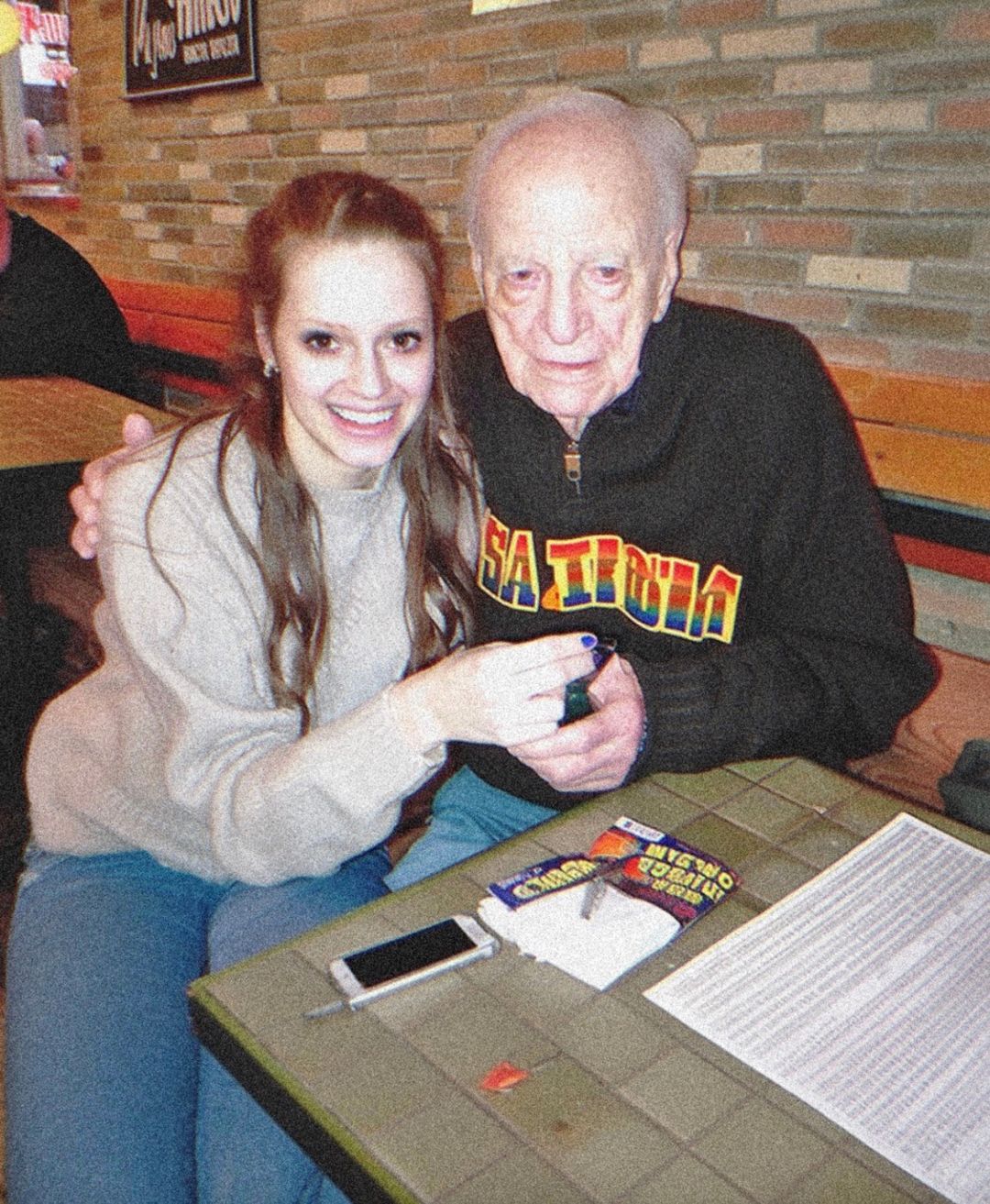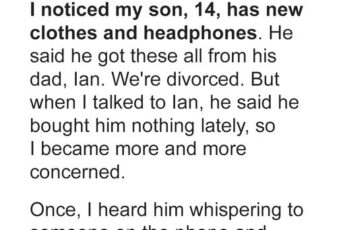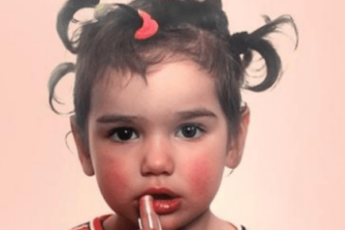A broken family, debt, and betrayal. You’ll be on the edge of your seat for what happens when an inheritance for a college fund vanishes. Uncover the unexpected flips and turns of this gripping story as karma approaches and secrets come to light.
It always appeared like my parents preferred my older brother above me when I was growing up. I could sense the difference in how they were treated, even if they were trying to hide it. I frequently felt like an afterthought, an empty space yearning for recognition, while my brother reveled in their acceptance.
But in the middle of this imbalance within the family, my grandfather was a pillar of steadfast love and support. In contrast to my parents, he recognized my abilities and supported my goals, particularly my desire to become a pilot.
My grandfather tragically died when I was fifteen years old. One last thing he promised me before he left, and it gave me hope. He told me that he would give me his entire inheritance, meaning that it would pay for my college tuition and enable me to pursue my dreams.
Up to the age of 18, this money was held in my parents’ account. But as the years went by, my hopelessness replaced it. My parents avoided answering my questions concerning my grandfather’s bequest, making empty promises and diverting me with other activities.
Their unwillingness to talk about the issue simply made me feel more agitated and anxious. The idea of going to college and following my love of flying seemed farther and farther away with every day that went by, ebbing away from me like grains of sand.
I was excited and full of anticipation for the next chapter of my life when I finally turned 19 but my dreams were crushed to bits by a shocking realization. I eagerly anticipated seeing the financial stability that would enable me to pursue my college studies when I entered into my account.
To my horror, though, I found that there was not a single cent in my once-rich account. I was filled with shock and bewilderment when I addressed my parents and asked them to explain their unbelievable betrayal. Their answer left me whirling with astonishment; it was a harsh pill to swallow, a story of greed, partiality, and selfishness.
It found out that they had spent all of my college money to support my brother, who was deeply in debt and had carelessly wasted his own money on a fancy automobile and lavish lifestyle. I experienced a wave of strong emotions as the reality revealed itself to me, including wrath, contempt, and a deep sense of betrayal.
“You saved him from ruin with my college fund?” I growled, a mix of disbelief and rage in my voice quivering. “You gave it away to him like it was nothing, after all the dreams I poured into that fund and everything I sacrificed?”
My parents shared a regretful look, their faces twisted into a torturous blend of guilt and remorse. My mother, in a desperate tone, said, “We thought we were doing what was best for the family.” “Your brother needed assistance, and we couldn’t stand by while he suffered.”
“Are you serious?” With words dripping with poison, I snapped. “You gave up my future because of his errors? How could you subject me to this?
The enormity of their treachery overcame me, leaving me feeling lost and alone in a sea of doubt and hopelessness, and tears began to fill up in my eyes. My parents’ selfishness and neglect had caused my dreams, which had once shone brightly within me, to crumble at my feet.
“And my dreams—what about them?” With a deep feeling in my voice, I demanded. What about the life I had imagined for myself? Did you even find that important?
With embarrassment in their eyes, my parents did not say anything. It was a scathing confession of guilt, one that revealed much about their misguided priorities and their heartless disdain for my dreams and goals. I am the only girl in my family, so take note.
How could my own parents put my brother’s opulent lifestyle ahead of my goals and desires? The choice to use the remaining money to build a grandiose home, a representation of their own ostentatious goals and self-centered wants, dealt the death blow, though.
It served as a sharp reminder of where their true allegiances lay and as a dagger to the heart. The façade of love and support from my family fell away at that very instant, leaving a chasm of betrayal and mistrust in its place. It was a difficult pill to take!
My parents were left to deal with the fallout from my actions as I pivoted and walked out of the room. I swore then and there that I would never forgive them for the betrayal that they had done to me.
I couldn’t face them, couldn’t stand to look into their eyes and see the betrayal that had shattered our family’s unity reflected back. My brother was the target of my wrath and hatred since he was caught in the crossfire of our parents’ foolish decisions.
Even though I was aware of his good intentions, the fact that he had taken the stolen money gnawed at my spirit, making me feel as though the one person I could always rely on had betrayed me.
I had a deep sense of bitterness and hatred in the days that followed, which fueled my will to create a new direction and poisoned my spirit.
I set off on a voyage of self-reliance and independence, resolved to forge a future for myself, leaving behind the shattered shards of my hopes. Day by day, the pain of my parents’ treachery lessened.
I was able to find employment, rent a little apartment, and enjoy the isolation of my new-found freedom. I stopped talking to my family after that and only saw them on holidays as I concentrated on moving on. Even though I missed the comfort of close family ties, I knew that confronting my parents would only cause more damage to already-healed wounds.
I took comfort in the daily rituals, immersing myself in the pursuit of knowledge and self-improvement, as the days stretched into weeks and the weeks into months. I discovered another university and was awarded a grant even though I didn’t enroll at my ideal one.
I jumped at the chance to start over, focusing all of my efforts on my education and taking advantage of every chance that presented itself. Despite the unknown path ahead, I put a lot of effort into my profession and saved money for a college education.
I eventually adapted to my new existence. I thrived academically with every semester that went by, driven by a strong desire to show the world and myself that I could achieve greatness even in the face of overwhelming odds.
Nevertheless, as the years passed and the betrayal’s scars gradually healed. Even though I had moved forward with steadfast purpose, a persistent sense of unfairness and the ghost of unfinished business plagued me in some way.
There were times when I felt like I was drowning in unanswered questions. What had motivated my parents to so blatantly betray me? More importantly, could I ever forgive them from the bottom of my heart?
I was driven to the idea of closure as I struggled with these ideas—a last reckoning that would finally put the ghosts of the past to rest. So I decided to confront my parents in order to get the answers that had escaped me for so long, a heavy heart and a renewed sense of purpose.
I was thinking about calling my parents when my brother called out of the blue and begged to meet. Though I hesitated, my curiosity won out. Even though he was surprisingly warm when we finally met, I wasn’t convinced. His actual motivations soon became apparent when he asked me for money so that we could support our parents.
I listened to him explain their grave predicament, feeling both compassion and frustration at the same time. As it turned out, their new home’s builder had filed for bankruptcy, leaving their investment in jeopardy. To exacerbate the situation, my parents were in debt since they had taken out a loan to pay for the remaining expenses.
Even though I still harbored animosity, I was overcome with melancholy. Even after all they had gone through, they were still my family. I decided to put aside my complaints and support them during their difficult period with a sorrowful heart.
My brother and I went to see our parents together. My mother’s eyes filled with tears the instant she saw me, and I experienced a twinge of regret for having been away for so long. My father apologized profusely, with regret in every word. I understood then that clinging to my anger would simply make the hurtful cycle continue.
My shoulders began to lighten as they meekly begged for forgiveness. I realized that the only way to move past them was via forgiveness, even though it hurt. By reaching out for forgiveness, I took back control of my story and stopped allowing resentment to define the people in my life.
Over the next few days, our family started to mend gradually. Even while the scars from the past continued to hurt, they had no influence over the present. We embraced the difficulties ahead with renewed unity and strength as a team.
Through this turbulent process, I discovered that forgiveness is about freeing oneself from the bonds of bitterness as much as it is about freeing others from their wrongdoings. I found the transforming power of empathy and compassion by accepting forgiveness, opening the door to a more hopeful and brighter future.
Thinking back on this phase of my life, I am reminded that hardship can bring forth our inner strength. Our difficulties could put our resolve to the test, but they also present chances for development and atonement. Ultimately, our ability to overcome obstacles with grace and resiliency defines who we are, not the difficulties we encounter.






